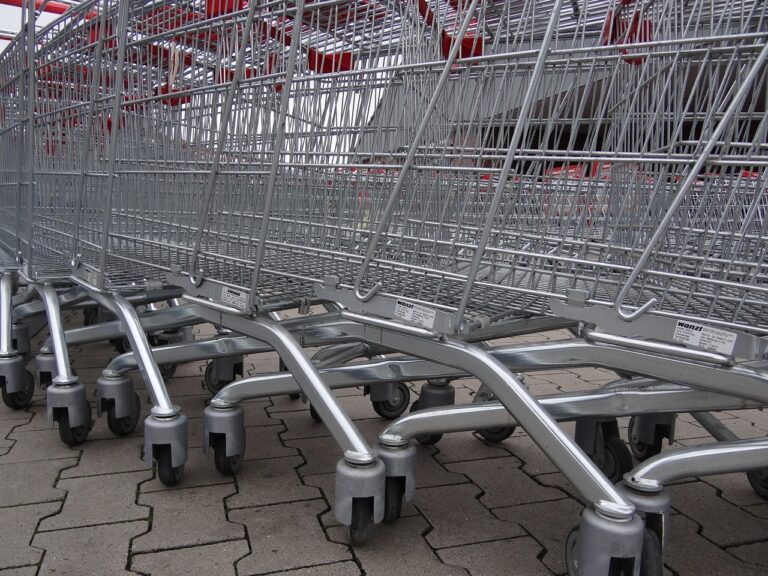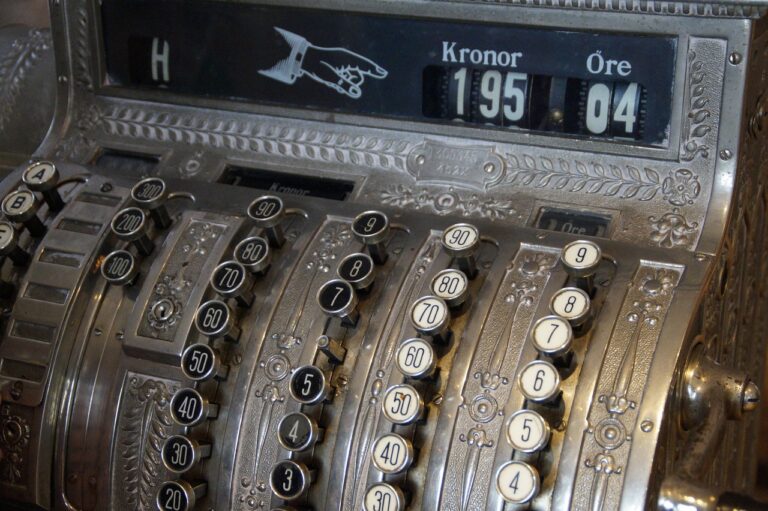The Psychology of Limited Editions: Creating Demand through Scarcity
Limited editions are products that are intentionally produced in a restricted quantity to create exclusivity and desirability among consumers. By limiting the availability of a particular item, companies aim to generate heightened interest and value in the eyes of customers. This scarcity factor often leads to increased demand and a sense of urgency to make a purchase before the limited edition item sells out.
Consumers are drawn to limited editions due to the perception of rarity and uniqueness associated with these products. The idea that only a select few will own the item enhances its appeal and can drive individuals to make a purchase to secure a piece of this exclusivity. Limited editions also tap into the psychological principle of FOMO (fear of missing out), prompting consumers to act quickly for fear of losing the opportunity to own something special and limited in availability.
The impact of scarcity on consumer behavior
Scarcity is a powerful driver of consumer behavior, sparking a sense of urgency and desirability for limited items. When products are perceived as rare or exclusive, consumers often experience a heightened sense of value and uniqueness associated with owning such items. This perception of scarcity can lead to increased demand and willingness to pay higher prices to attain the limited editions.
Moreover, scarcity can also trigger a fear of missing out (FOMO) among consumers, driving them to make impulsive purchase decisions to secure the limited items before they run out. This sense of urgency and competition with other potential buyers can create a sense of excitement and satisfaction upon acquiring the scarce product. As a result, businesses strategically use scarcity as a marketing tool to captivate consumer interest and drive sales.
What is the concept of limited editions?
Limited editions are products that are available in a restricted quantity, creating a sense of exclusivity and scarcity among consumers.
How does scarcity impact consumer behavior?
Scarcity can trigger a sense of urgency and fear of missing out, leading consumers to make quicker purchasing decisions and place a higher value on the product.
Are there any negative effects of scarcity on consumer behavior?
Yes, scarcity can also lead to frustration and disappointment among consumers who are unable to purchase the product due to its limited availability.
How can businesses leverage scarcity to influence consumer behavior?
Businesses can create a sense of scarcity by offering limited editions, limited-time offers, or exclusive deals to drive demand and increase the perceived value of their products.
Is scarcity a sustainable marketing strategy in the long term?
While scarcity can be an effective marketing strategy in the short term, businesses should be cautious about overusing it as it may lead to consumer fatigue and diminish trust in the brand over time.





